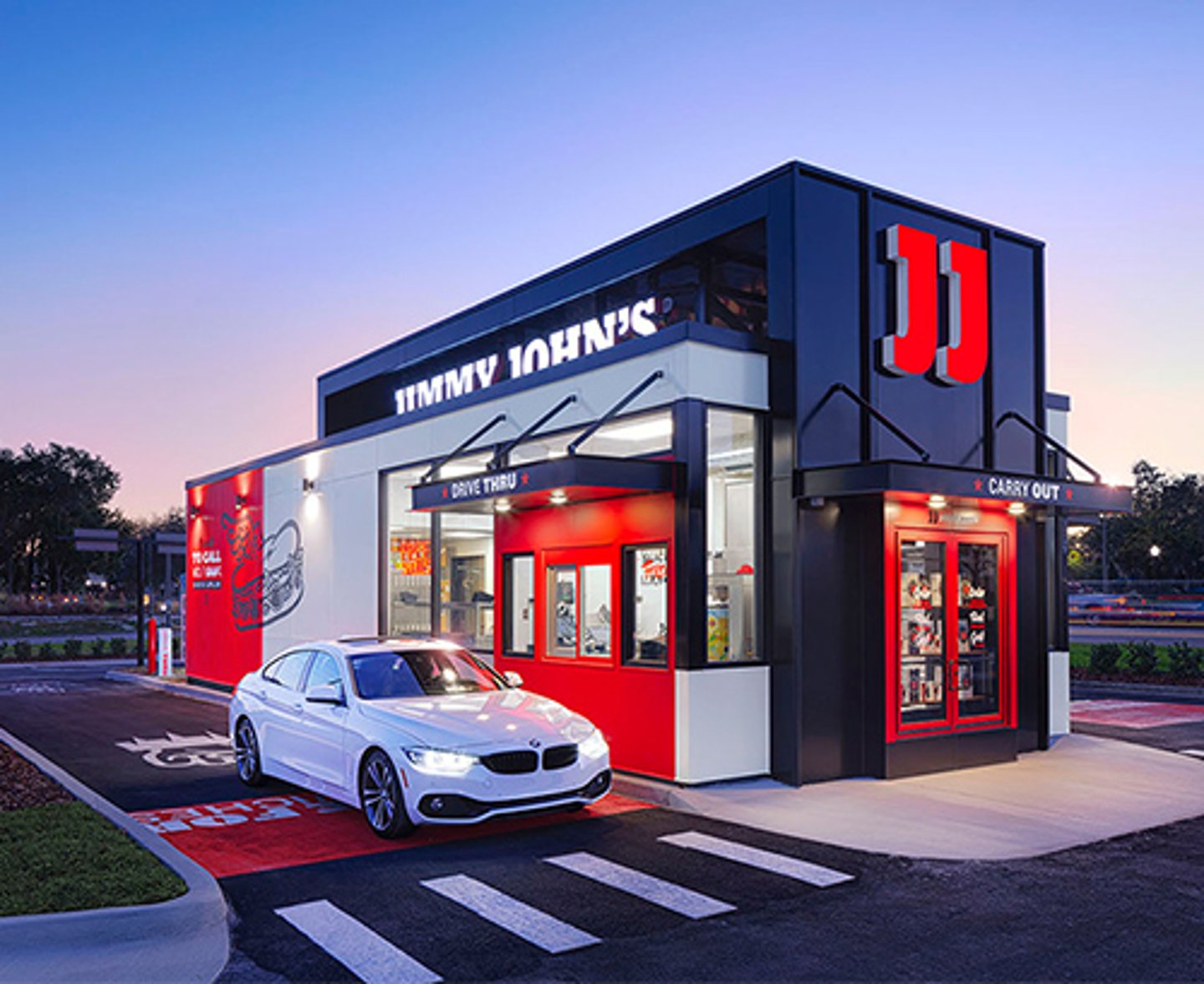What do drive-thru customers want?
A new consumer survey indicates ways retailers can make the drive-thru experience more satisfying for customers.
According to the Pulse of the Industry study from restaurant hospitality technology provider Presto, despite widespread reopening of dine-in eating, only 25% of surveyed consumers say they are more likely to use dine-in in 2022 compared to last year.
On the other hand, nearly half of the survey respondents (46%) are more likely to order takeout, and only 22% are less likely to place drive-thru orders compared to a year ago.
As drive-thru wait times increase and service seems to worsen, 70% of the respondents want technologies such as A.I. voice assistants, personalized menus, and smartphone apps to help alleviate the pain.
When asked about the quality of their drive-thru experience, more than three-quarters (77%) of respondents said the situation is the same or worse than last year. Long wait time was identified as the biggest issue, with 27% of respondents saying drive-thru wait time has gotten significantly worse over the past year. Friendliness of service came in second, with 18% of respondents saying this drive-thru feature has become worse since 2021.
Customers desire drive-thru automation
Most respondents felt that use of technology at a restaurant makes the experience more efficient. This includes 78% of respondents who said that automation technology is critical for smooth operations of a fast food restaurant.
Regarding specific drive-thru technologies, customers were the most comfortable with use of an artificial intelligence (A.I.) voice assistant for faster ordering, personalized menus, customized suggestions, and order / payment using a smartphone. Over 70% of respondents indicated that they would be receptive to using one or more of these technologies in the drive-thru if they result in shorter wait times and more efficient service.
A majority of respondents also said that a technology-augmented experience is more enjoyable, could lead to lower menu prices, and is inevitable. However, one-third of respondents said that technology could take away from some of the personalized service and may make the overall drive-thru experience less personal.
Going forward, Presto plans to conduct Presto Pulse every 6 months to gauge customer sentiment and identify trends across the industry. The current survey had 243 respondents representing a cross-section of U.S. restaurant customers accounting for different socio-demographic, economic, and lifecycle variables.
[Read more: Consumers: ‘We wish specialty retailers could deliver as fast as fast-food’]


